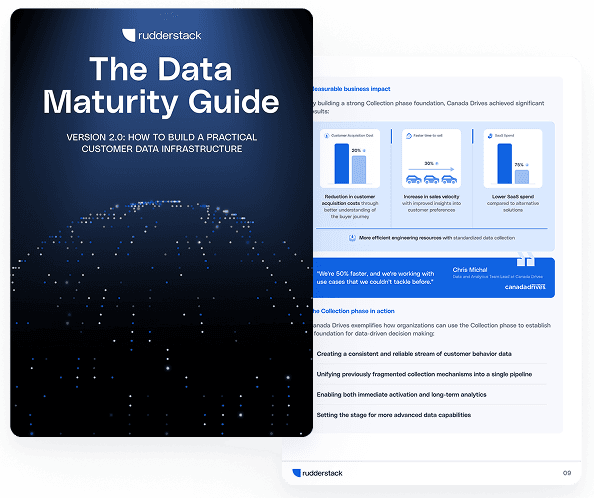Feature launch: Tracking Plans for violation management

Published:
January 30, 2024

Generative AI risks and how to approach LLM risk management
Explore the top generative AI risks—hallucinations, data leakage, prompt injection, and compliance gaps—and learn strategies to detect, mitigate, and govern them effectively.

Data standardization: Why and how to standardize data
When teams cannot rely on their data, reporting slows down and decision-making becomes riskier. Learn how standardization addresses these challenges by creating a consistent structure that data can follow from the moment it enters your system.

Understanding data maturity: A practical guide for modern data teams
The journey to data maturity isn't about having the most sophisticated tools or even the biggest volume of data. It's about taking the right steps at the right time to unlock value from the data you have.







